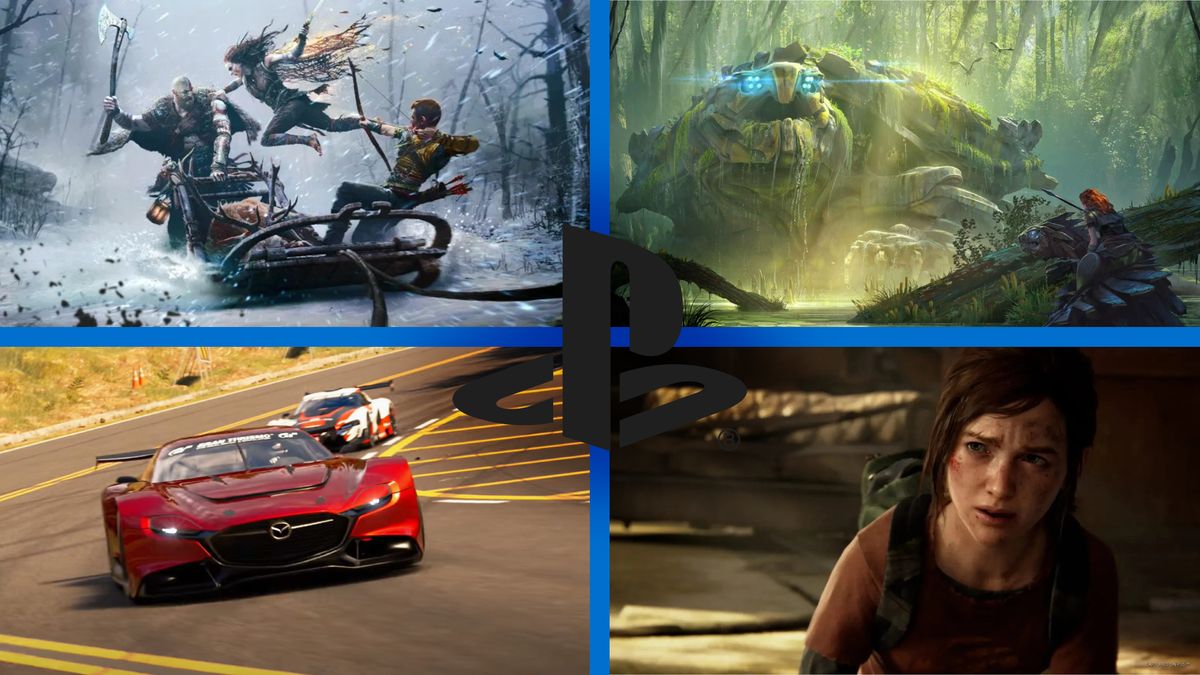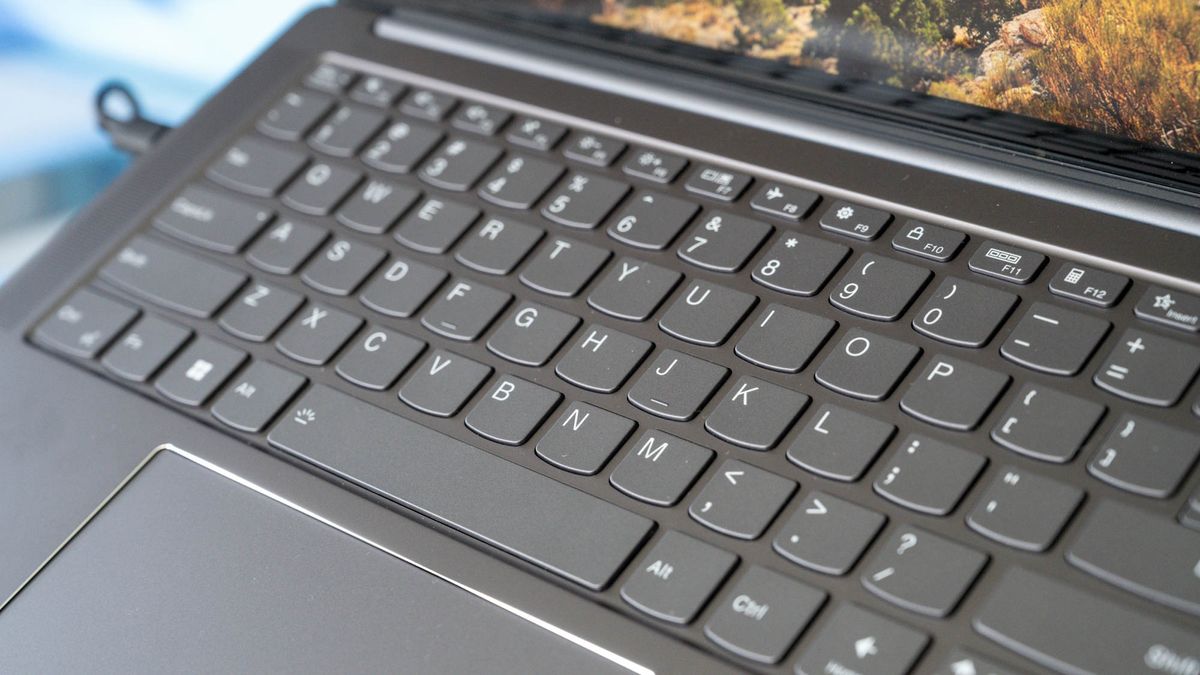PlayStation has had an undeniably fruitful 2022, with the launch of a new rewards program, a reworking of PlayStation Plus, and three of its exclusives nominated for Game of the Year at The Game Awards 2022 (assuming you count Stray’s console-exclusivity). But what else has PlayStation been up to this year? And what software and hardware is there to look forward to in the next year?
As the end of the year inches closer, we’re taking a look at each of the three major console manufacturers and analyzing how they fared in 2022, along with what we’re expecting to see from them next year. You can check out the state of Xbox and state of Nintendo for an in-depth look.
From the PlayStation VR2 to its new services, here’s a look at all things PlayStation in 2022.
State of PlayStation’s exclusives
2022 hasn’t been a jam-packed year for major publishers, but PlayStation has had some of the biggest hits. The company started the year off with Horizon: Forbidden West back in February, which we absolutely loved, and ended the year with God of War Ragnarok, which we loved even more. We also had The Last of Us Part I, and although it is a great remaster, it’s not a particularly substantial inclusion into Sony’s lineup for the year.
Gran Turismo 7 was also huge for PlayStation this year, and as long as we disregard its controversial microtransactions and broken multiplayer, it was a hit with critics. But beyond PlayStation’s collection of first-party exclusives, it has become common for the company to strike console exclusivity deals with third-party publishers. These games are available on PC on day one, but the only console you can purchase them on is PlayStation. This gives Sony a bit of leverage and probably makes the exclusivity partnership a little less strict, yet still allows the company to boast its exclusivity over competing consoles.
Stray, Ghostwire: Tokyo, and Sifu fit into this category. Sifu recently made its way to Nintendo Switch, but it was a timed console exclusive for Sony. Ghostwire: Tokyo now belongs to Microsoft after its acquisition of Bethesda, along with Deathloop (this launched last year, but it was also a timed exclusive until a couple months ago).

Square Enix has also been quite buddy-buddy with Sony, which is unsurprising considering the two company’s histories throughout the PS1 and PS2 eras. Final Fantasy XIV, along with all of its expansions, has been exclusively available on PC and PlayStation consoles since its launch in 2013. Final Fantasy XVI, on the other hand, will be truly exclusive to PS5 at launch. This is likely just timed exclusivity akin to Final Fantasy VII Remake (and its Rebirth sequel), which launched on PC two years after its initial release. However, the game is still not available on Xbox. Forspoken, another Square Enix published title, will also not be available on Xbox when the game launches on January 24, but it will be available on PC.
This strategy from PlayStation ensures the company has plenty of exclusive games to make the average player feel like their investment in the console’s ecosystem is worthwhile, while also ensuring Sony doesn’t need to dish out enormous amounts of money to expand its first-party studio lineup.
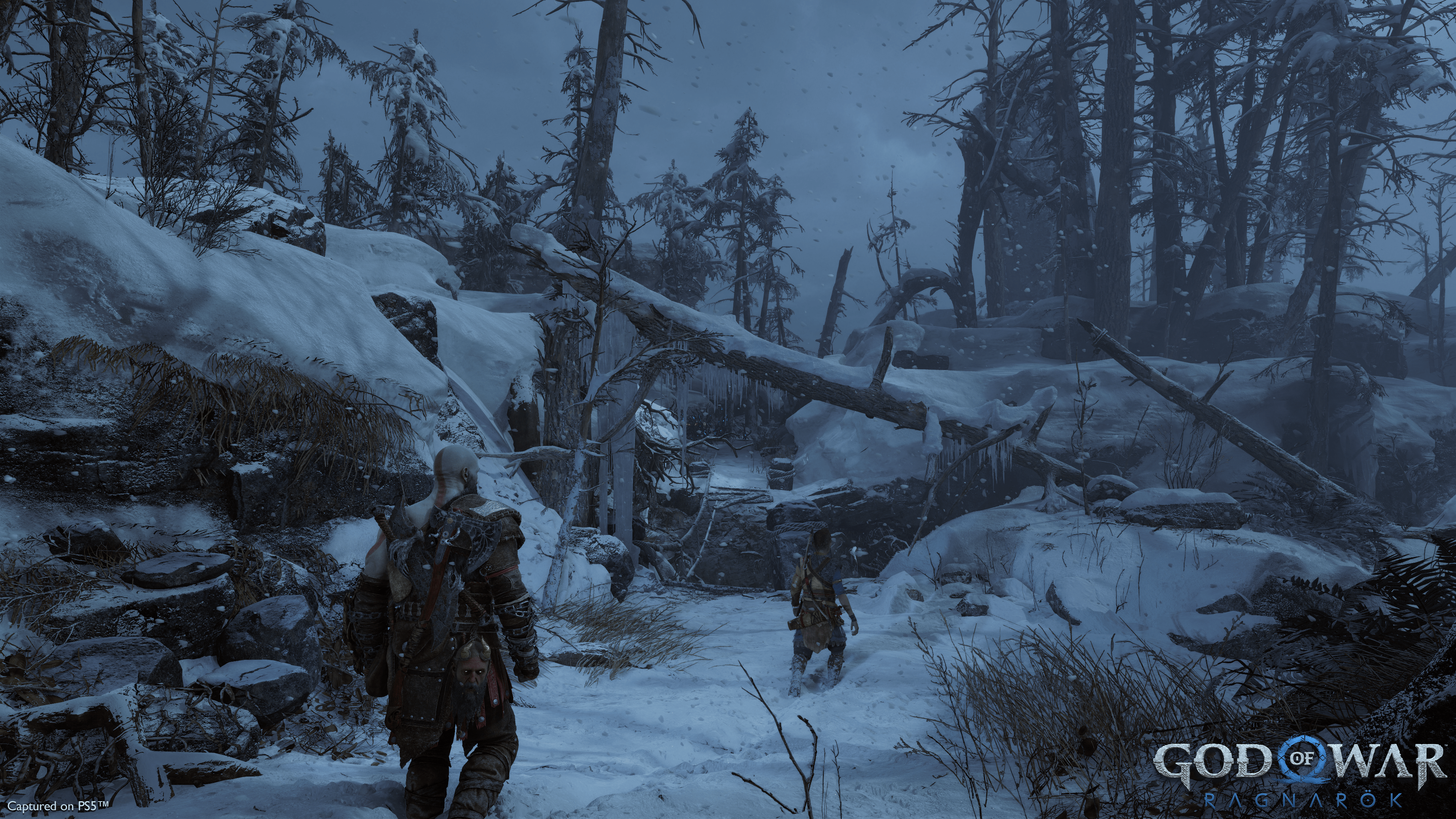
To summarize, God of War: Ragnarok, Horizon Forbidden West, Gran Turismo 7, and The Last of Us Part I are the four Sony first-party exclusives we’ve seen this year. All four did incredibly well critically, with half of them up for a GOTY nomination. But since Sony is willing to fight for third-party exclusivity, this has been a surprisingly jam-packed year for the company there as well. Stray, Ghostwire: Tokyo, and Sifu are some of the biggest third-party exclusives we’ve seen from the company this year, and they all did quite well.
Just from the perspective of our own writers and their reviews, none of these games missed. Unfortunately, Babylon’s Fall was also technically a PlayStation console exclusive, but we’re trying our absolute hardest to forget that game happened. Disregarding that absolute nightmare of an experience, this has been a solid year for PlayStation exclusives.
State of PlayStation VR2
PSVR 2 is shaping up to be a technological wonder, but after we recently received details on its pricing, I’m a little worried. The headset will cost $549.99 when it launches on February 22.
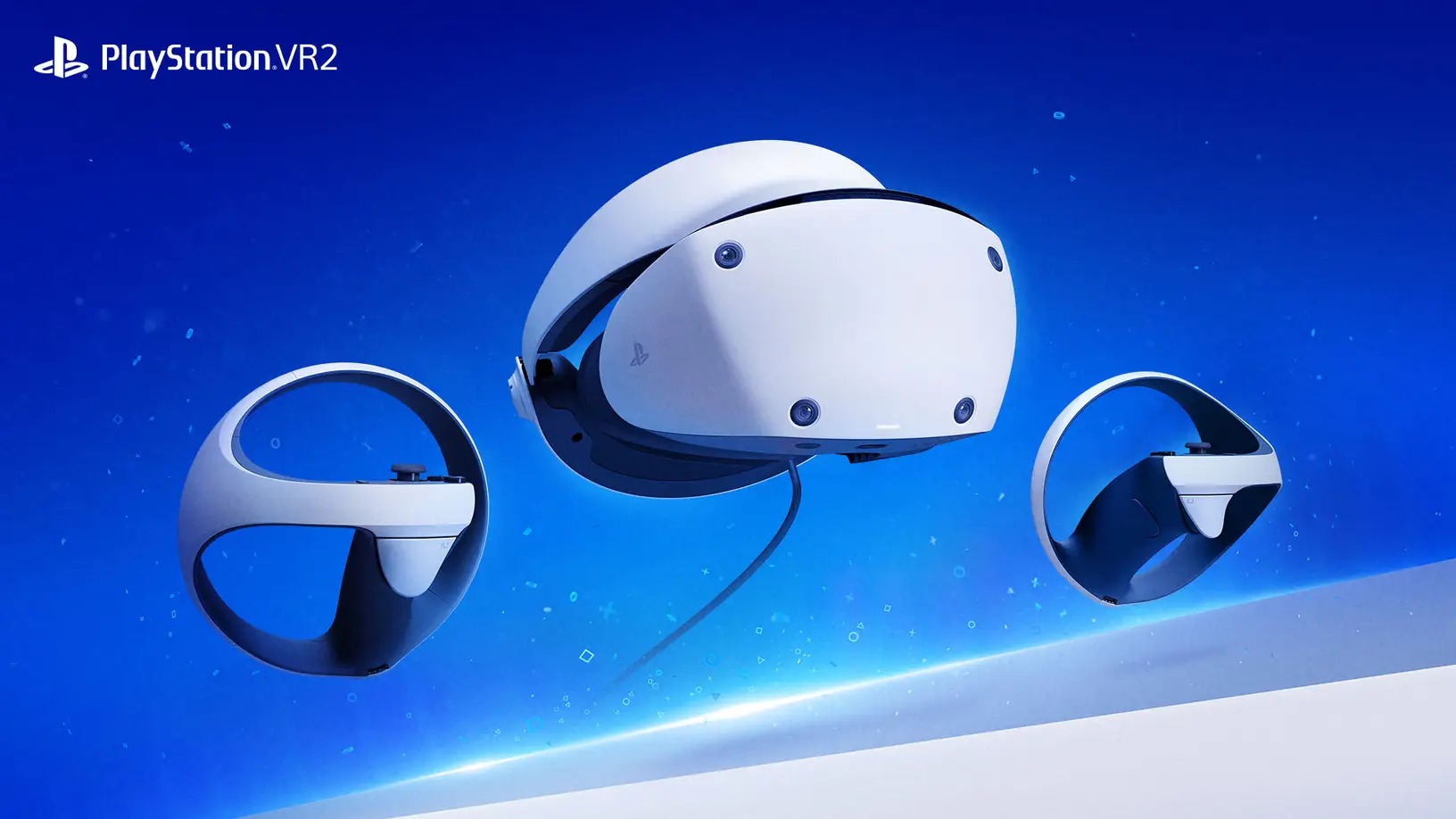
That’s not the only bad news, if you skipped the PSVR because it was a little too expensive, and were hoping you could catch up on some of the games you missed by purchasing the PSVR 2: this will not be possible. We might see some of the biggest hits from the PSVR ported over to the PSVR 2, like Iron Man VR and Astro Bot Rescue Mission, but there is no dedicated backwards compatibility. Considering how expensive the headset is, this has essentially guaranteed I will not be purchasing it for quite some time.
PlayStation must prove it intends to go all in on PSVR 2 game development during this generation. Will there be enough games to justify spending $549.99? And will it sufficiently utilize the technology present? The PSVR 2 is capable of tracking the location of your eyes and potentially incorporating that into the mechanics of a game. But unless developers leverage that capability, its potential doesn’t matter. Players need to feel reassured that they’ll get a healthy lineup of games yearly. I’m not sure if Sony can deliver on this front, and I’m certainly not sold based on Horizon Call of the Mountain and Resident Evil Village alone.
State of PlayStation’s services
PlayStation launched its multi-tier reconstruction of PlayStation Plus this year, separating the service into Essential, Extra and Premium tiers. To put it bluntly, we were underwhelmed by the service’s lack of limited classics, disappointing streaming quality, and a high cost of entry ($18 monthly or $120 yearly).
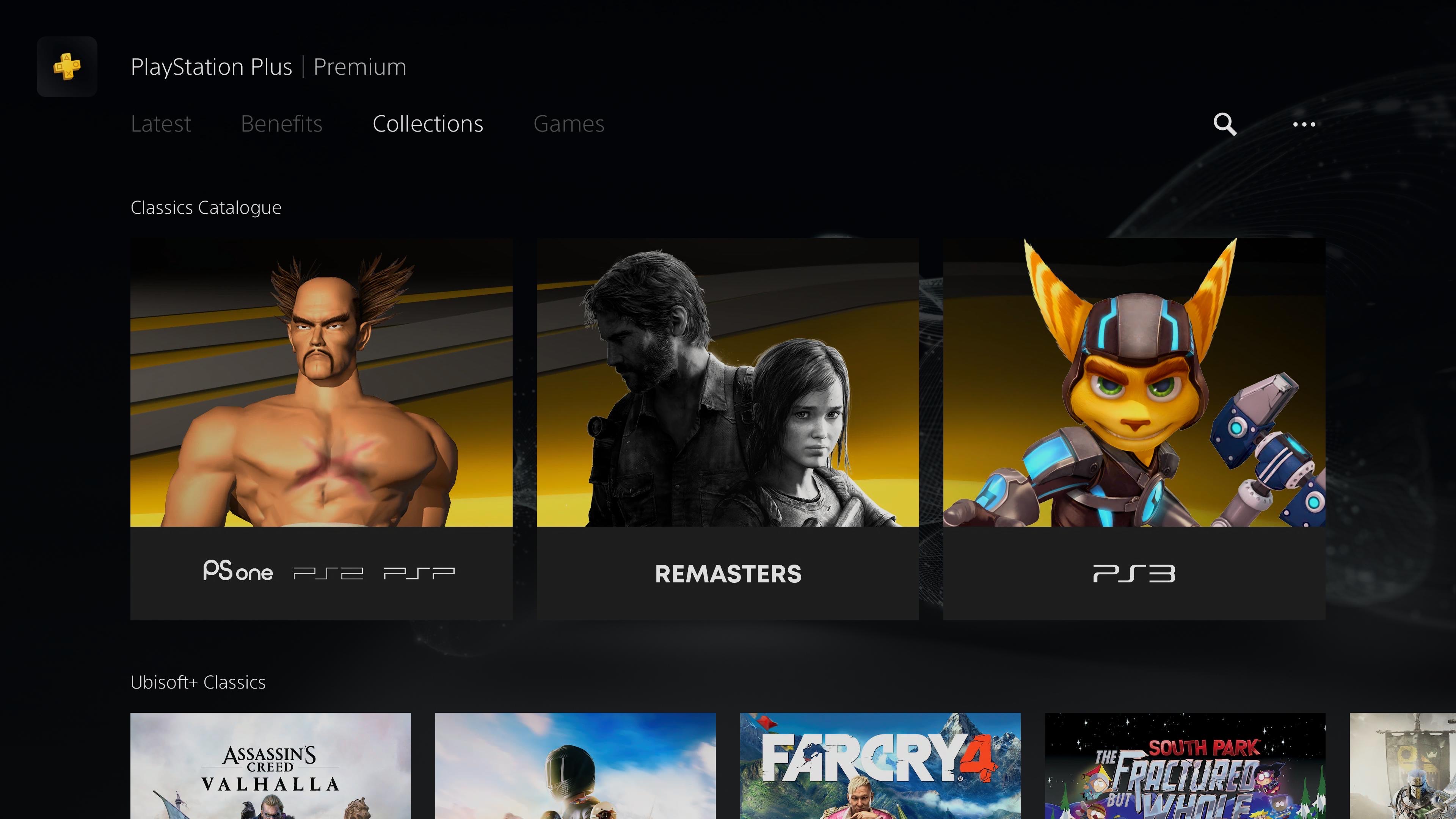
Yes, it has tons of potential, but paying double the price for a few classics and occasionally getting access to some new games is hard to swallow, especially when Xbox Game Pass is absolutely knocking it out of the park. At the very least, you can play games like Stray and Returnal through the subscription.
It did take quite a bit of time for Xbox Game Pass to reach the status it is at now, so perhaps, after a couple of years of building up this library and receiving a more expansive collection of classics, Playstation Plus will become more appealing.
Sony also launched PlayStation Stars this year, offering a series of digital collectibles to deck out your PS profile. While I initially hoped this would mean the return of something like PlayStation Home, it’s just a passive rewards program that you sign up for and let it do its thing while you purchase games and acquire trophies. There are also little challenges that allow you to earn points, but the speed at which it offers its currency is questionable.
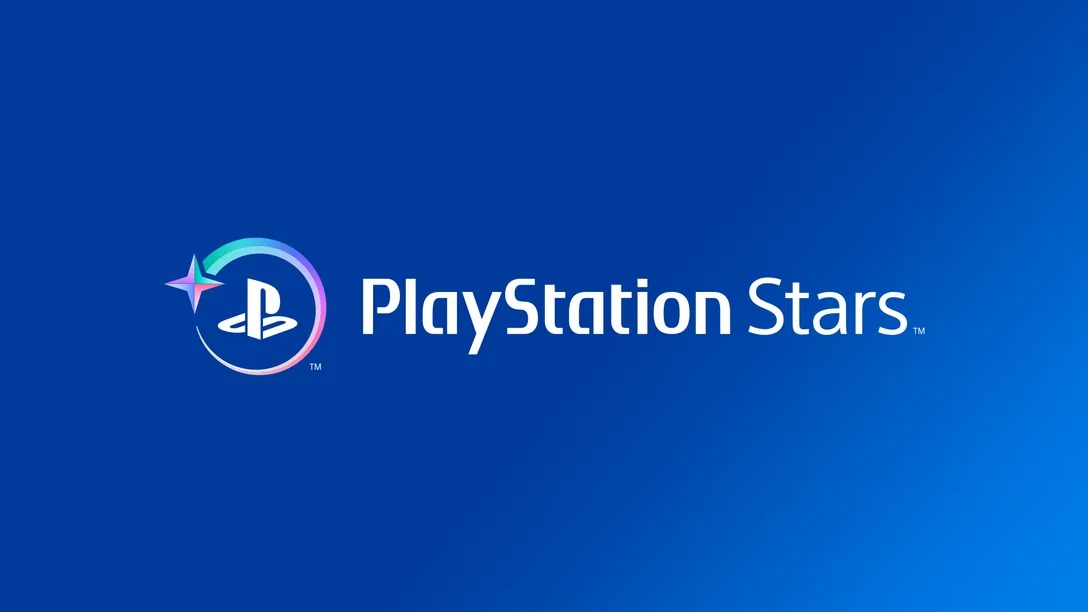
Something like It Takes Two costs 10,000 points, while right now, you only get 50 points for completing the “December PS5 Store Picks,” which asks you to purchase one of the selected games from the PS Store, including God of War: Ragnarok, Tactics Ogre, Sonic Frontiers, Persona 5 Royal, Just Dance 2023, or Goat Simulator 3.
Worst of all, you can only achieve these points by actively going to the rewards section on PlayStation and clicking “Start” on the challenge. If you purchase God of War Ragnarok without beginning the challenge, you won’t get any points for it.
It seems like the points rewards are too miniscule to matter, but you can also do proper challenges to get collectibles. For example, playing one of the listed fighting games will give you an arcade cabinet collectible, while playing anything at all right now will get you a little figure of Secret Agent Clank.
But what can we expect in 2023?
PlayStation hasn’t shown us much for next year. We know Forspoken is launching on January 24, Final Fantasy VII Rebirth is coming next winter, and Final Fantasy XVI is coming sometime in 2023, but these aren’t first-party exclusives (they’re also all from Square Enix). So, what of the company’s first-party games?
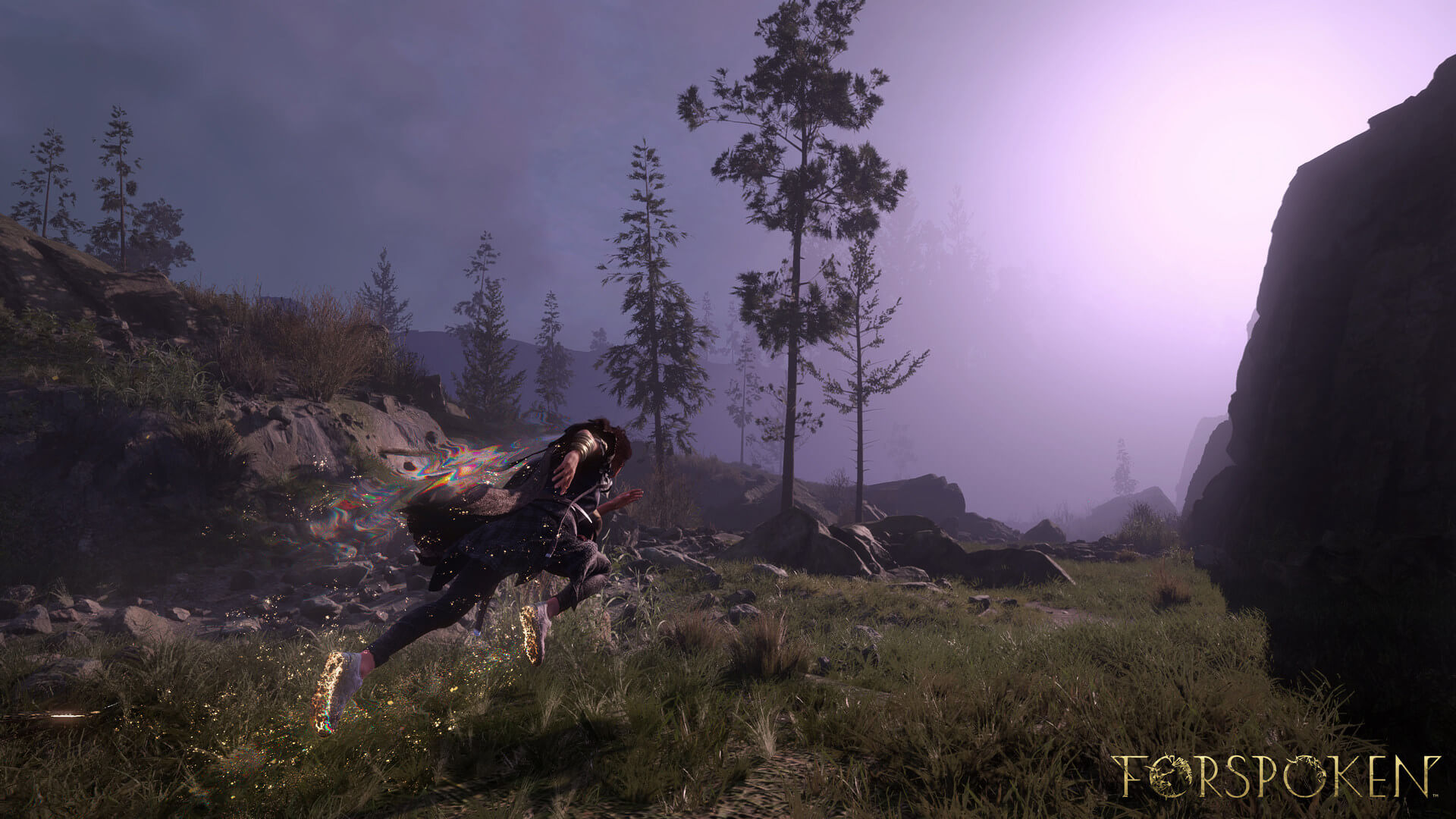
A PlayStation showcase back in 2021 revealed that Marvel’s Spider-Man 2 would be launching in 2023. Beyond that, we’re mostly in the dark. Sony hasn’t had a full showcase in quite some time, even though the State of Play in September gave us a look at Stellar Blade, set to launch sometime in 2023, and Rise of the Ronin, which does not have a release date yet. Regardless, both are dedicated exclusives as far as we know.
But what can we expect in 2023 from Sony’s first-party developers? It’s hard to imagine Marvel’s Spider-Man 2 will be the only first-party launch in 2023. We know that PlayStation plans to launch more than 10 live service games by 2026, so it’s possible we’ll seei some of these titles come out next year. We know Bungie has something called Matter in development, along with a few other titles, so it wouldn’t be shocking if Sony put out the company’s first game since the Bungie acquisition.
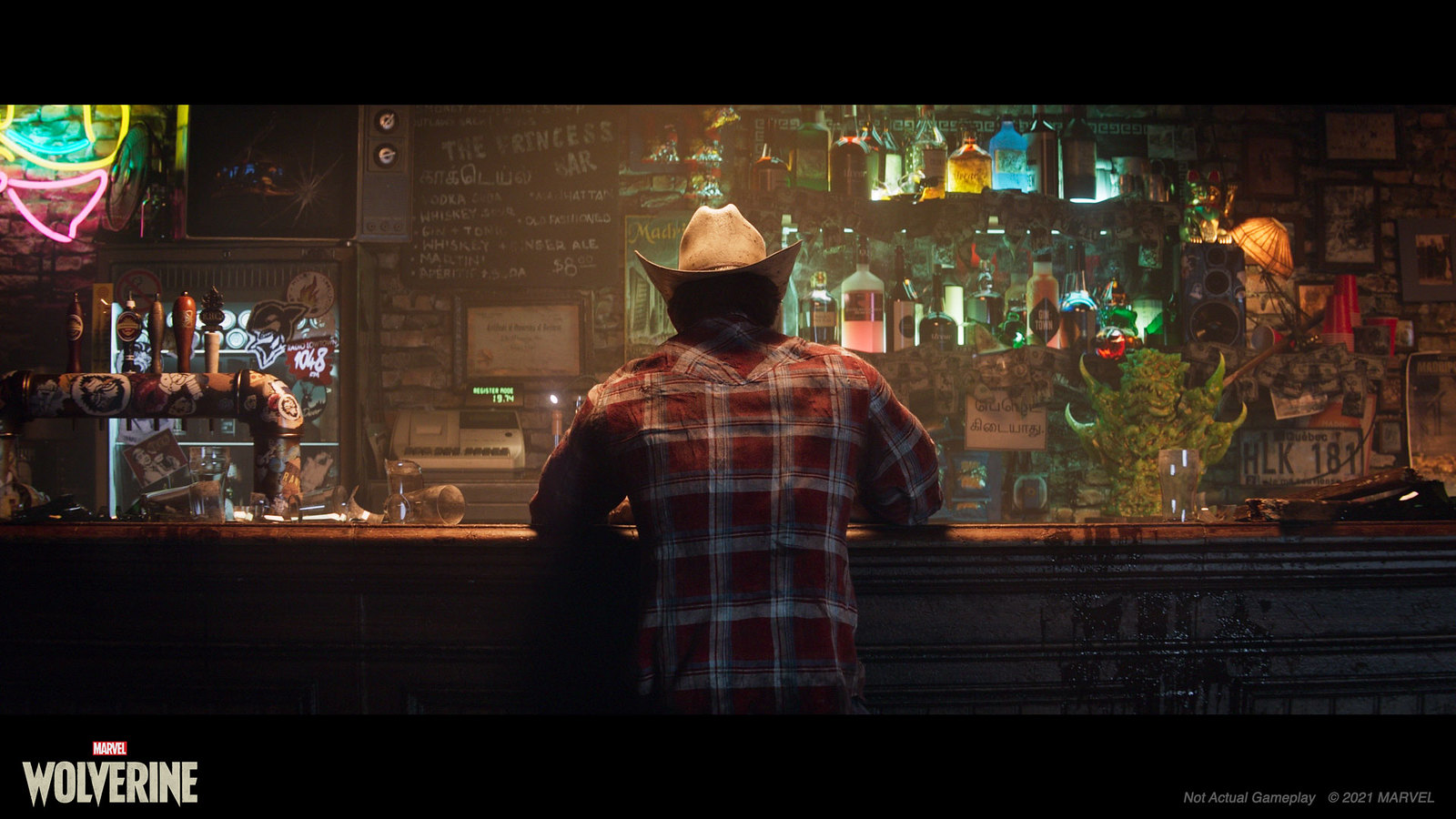
Marvel’s Wolverine is certainly not launching next year, as Insomniac is still hard at work on Marvel’s Spider-Man 2. Naughty Dog’s next The Last of Us project is also in development, offering a huge multiplayer-based look into the game’s world. We know it’ll have a story mode of its own, and it’s apparently going to be quite huge.
We’re expecting a huge showcase in 2023 to set expectations, but who knows. Will it just be a light year for PlayStation, or are there plenty of games brewing beneath the surface waiting to be given the light of day?
Bottom line
PlayStation has done a solid job this year in offering a critically acclaimed collection of exclusive games, both first and third party, while also ensuring diversity in genre and setting. Unfortunately, the company’s new services have been underwhelming to say the least, and I’m sincerely worried about the state of PSVR 2 when it launches early next year.
We’re also largely in the dark on what’s happening for the company in 2023. We have a few ideas of what to expect, but I’m very excited to get a proper glimpse into PlayStation’s plans for the next 12 months.

